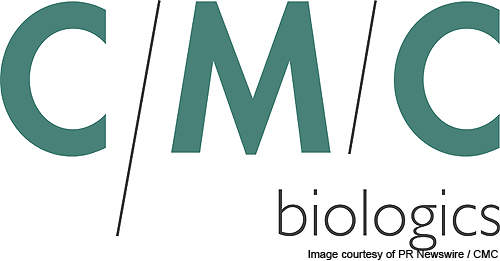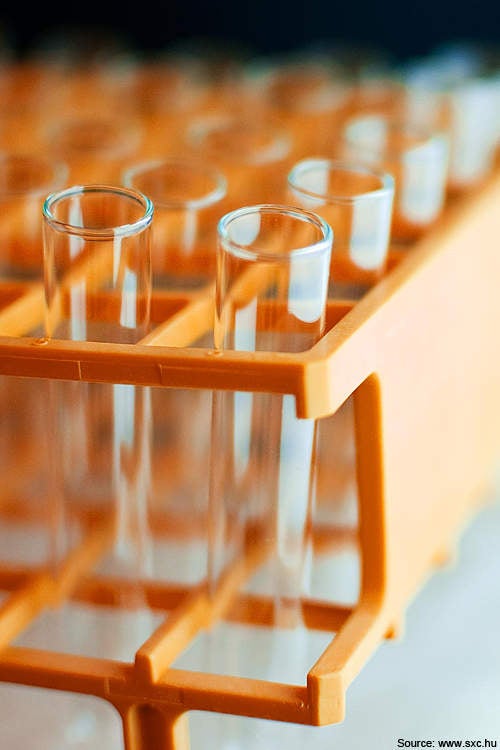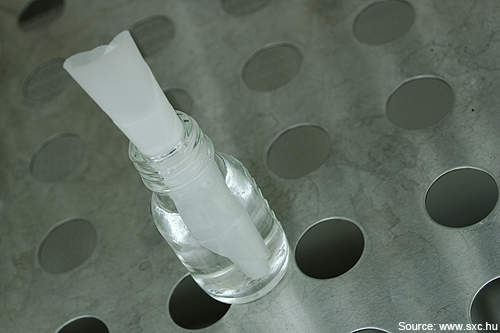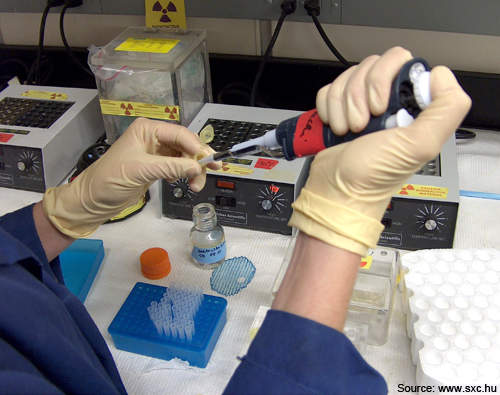In August 2010 CMC Biologics completed the first stage of expansion at its site in Bothell near Seattle, Washington, US.
CMC is an integrated contract manufacturing organisation (CMO) providing biopharmaceuticals development and manufacturing services. The company has two facilities in Seattle and Copenhagen, Denmark.
The company develops bio-processes and manufactures biological therapeutics for global clients in Australia, Japan, North America and Europe. CMC works in collaboration with the European Medicines Agency (EMEA) and the US Food and Drug Administration (FDA).
The company contract manufactures biopharmaceuticals and does not have any in-house products.
With the recent expansion, the company has added a single-use facility to the existing Seattle facility, increasing the workforce by about 30%.
Facility
CMC Biopharmaceuticals acquired the Seattle facility from Eli Lilly in January 2007.
Production of recombinant biotherapeutic proteins at the ICOS Biologics Seattle facility began in 1993. In March 2008, the company changed its name to CMC Biologics following the acquisition. Before Eli Lilly the ICOS Biologics facility was owned by ICOS Corporation.
The facility has been following cGMP (good manufacturing practices) since 2001.
It has four separate buildings with a total space of 16,000m². There is ample space for future expansions. The site has development and analytical laboratories, other suites, manufacturing clean rooms, warehouses and rooms for support services.
Various mammalian manufacturing services are offered by the facility at different scales. The plant has cGMP cell banking, a 100l cell culture pilot plant and cell culture development laboratories with up to 15l bioprocess development and technology transfer capacity.
The capacities include 250l, 600l, 1,350l and 2,500l, all at cGMP standards. The plant can perform fed-batch and continuous operations (perfusion) and generate up to 2,000l of cGMP culture per day.
It also has BioSep and ATF technology. The cGMP facility complies with the stringent regulations of the FDA.
CMC expansion
The company announced its plans to expand the Seattle facility in September 2008 in stages. The first stage of expansion was to double the number of employees to about 250. In December 2008, however, the plans were delayed due to global recession.
Construction of the disposable manufacturing facility, which relies on disposable equipment, was completed in August 2010. The expansion was undertaken to increase the cGMP biopharmaceuticals manufacturing capacity and meet the growing demand for commercial production.
CMC in partnership with Hyclone has installed new processing equipment at the facility. The project also included installation of disposable mixers, and two 500l and one 100l single-use bioreactors (SUBs).
These help in avoiding the risk of cross-contamination and the necessity to clean the facility, which is mandatory in stainless steel tanks.
The new multi-purpose facility is used to conduct early-phase clinical manufacturing of biopharmaceuticals. They include early-phase clinical manufacturing of mammalian cell culture-based recombinant proteins and a range of monoclonal antibodies (mAbs).
The disposable technology also has advantages such as flexibility and efficiency. The facility will also gain cost efficiency through decreased marketing time for several biologics.
The stainless steel tank facilities are expected to decline with single-use technology.
The process yields would also be increased with the modernisation of cell culture, protein expression and purification technologies for certain products.
The facility will offer stainless-steel clinical and commercial cGMP manufacturing services if the disposables technology is not feasible.
A 3,000l bioreactor train and a second identical line are also being added. Future plans include build-out of the pre-existing structure to include two 5,000l commercial manufacturing lines.






